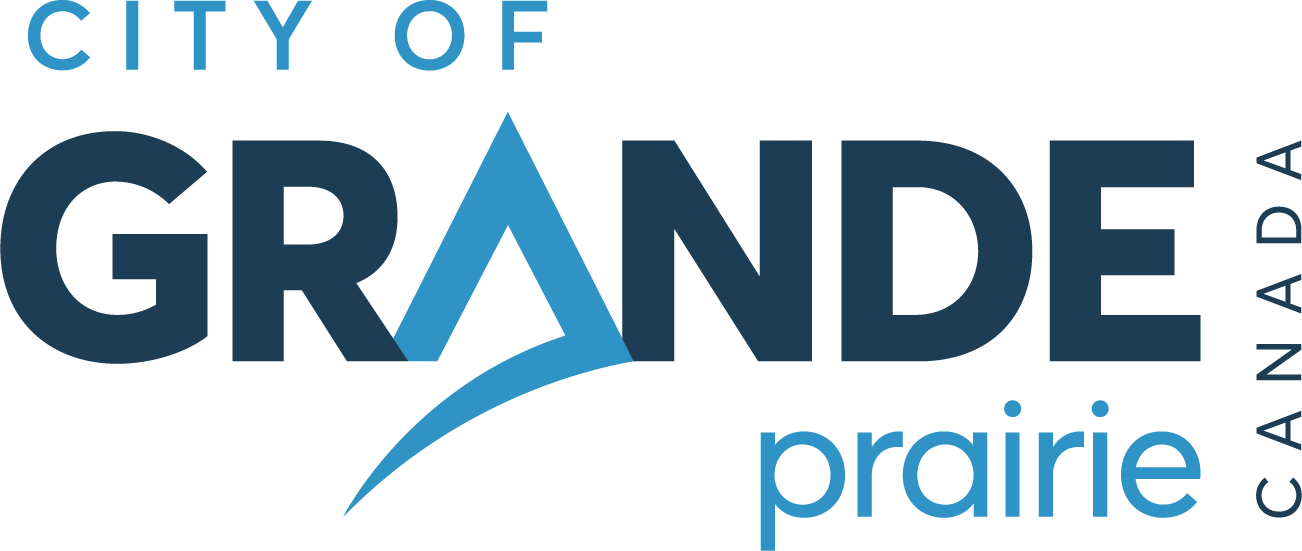Pest Control Program
The City of Grande Prairie conducts annual pest control operations beginning in spring, weather depending, to help maintain the health of trees, parks and green spaces. These operations target noxious weeds, insects and plant diseases on City-owned land within municipal boundaries using products registered with Health Canada.
Mosquito Control Program
Mosquito control operations begin in April or May, depending on weather, and may continue through September. The City targets mosquito larvae in temporary standing water using a larvicide registered with Health Canada. Aerial application by helicopter is planned once per season lasting 3-6 days on average within the City’s mosquito control boundary.
Pest and Mosquito Control FAQ's
Noxious weeds, plant-damaging insects and common plant diseases.
Only on City-owned land within municipal boundaries.
The operations use a granular larvicide called Aquabac 200g (registration number 26863), which contains Bacillus thuringiensis var. israelensis (Bti), a Health Canada-approved product that targets only mosquito larvae.
Control efforts focus on temporary standing water locations that support the development of mosquito larvae and are limited to areas within the designated Mosquito Control Boundary.
Image
Residents in areas scheduled for treatment are notified in advance and provided with information about the operation. Those with concerns are encouraged to contact AccessGP by calling 311.
All products used are registered with Health Canada’s Pest Management Regulatory Agency and are approved for these purposes. Residents with concerns are encouraged to contact AccessGP by calling 311.
Residents with concerns can contact AccessGP by dialling 311 or emailing info@cityofgp.com.
Noxious Weed Control in Grande Prairie: How the City is Taking Action

The City of Grande Prairie is committed to managing noxious and prohibited noxious weeds as part of our ongoing environmental stewardship. These invasive plants can pose serious risks to local ecosystems, agriculture and biodiversity. To effectively control these weeds, the City employs two targeted programs that operate throughout the growing season until the first frost.
- Program 1: Mechanically Managed Areas
In areas where mowing and other regular maintenance occur, we use broadleaf spot-spraying techniques. This means we target only specific noxious and prohibited noxious weeds listed under the Alberta Weed Act, preserving other plant life in the area. - Program 2: Naturalized and Non-Mechanically Managed Areas
For areas that are not mowed or mechanically controlled—such as naturalization zones—we rely on chemical control. Approved herbicides are applied in a targeted manner, focusing only on noxious weeds. Due to environmental safety standards, each site receives just one chemical application per growing season.
Maintaining a healthy environment is a shared responsibility. The City works to control weeds on public lands and asks residents to help by managing noxious weeds on their properties. Together, we can help prevent the spread of invasive species and protect our community’s green spaces.
- Program 1: Mechanically Managed Areas
- Common Baby’s Breath
- Bighead Knapweed
- Perennial Sow Thistle
- Yellow Clematis
- Dame’s Rocket
- Creeping Bellflower
- Purple Loosestrife
- Canada Thistle
- Yellow Toadflax
- Great Burdock
- Oxeye Daisy
- Scentless Chamomile
- Common Tansy
Learn more about all the Noxious and Prohibited Noxious weeds by visiting the Directory of Common Legislated Weeds.
Every year, the City of Grande Prairie receives hundreds of complaints of weed infestations, from dandelions to tansy. Weed inspectors are appointed by Council to ensure legislated prohibited noxious and noxious weeds are destroyed or controlled. If a plant is non-legislated (such as dandelions), then the City bears no responsibility to ensure its control.
Complaints received about legislated weeds are handled in a specific series of steps, outlined below:
- Each complaint is assigned to a weed inspector to handle. They visit the area to conduct a thorough inspection. Under the Weed Control Act, inspectors are allowed to enter private land, without owner permission or knowledge, at any reasonable hour to conduct inspections. Location, species and growth stage of the weed are all documented in a weed report, which is kept on file permanently.
- The inspector will then contact the property owner to discuss control options and decide a date by which control must be completed.
- If the property owner fails to voluntarily control the weeds on their land by the date specified, the weed inspector will contact them again to discuss their reasons for non-compliance. Since herbicide applications can only be conducted safely during specific weather conditions, wind, rain, and high/low temperatures and humidity often delay weed control.
- If the weed inspector is not satisfied with the property owner's reasons for non-compliance, they may then issue a weed notice. Weed notices are legal documents under the Weed Control Act, and clearly outline the weed species and its designation, its location, acceptable control options and a date of completion.
- If the property owner fails to comply with the weed notice, the municipality will conduct weed control as outlined on the notice (either themselves or through a contractor) and bill all charges back to the property owner. Any outstanding charges are applied to the tax roll of the property.
If you wish to report noxious or prohibited noxious weeds, please contact Parks Operations directly.
After treatment, it can take days or even weeks for weeds to show visible signs of desiccation. During this period, the herbicide is being absorbed into the plants' root systems, ensuring the weeds are eliminated at the source and do not return the following season. For this reason, it’s essential not to disturb the treated plants, allowing the process to work effectively.
If you notice areas of public land that require attention or treatment, please let us know. You can report them through AccessGP by dialing 311 or emailing info@cityofgp.com or through this webform.

